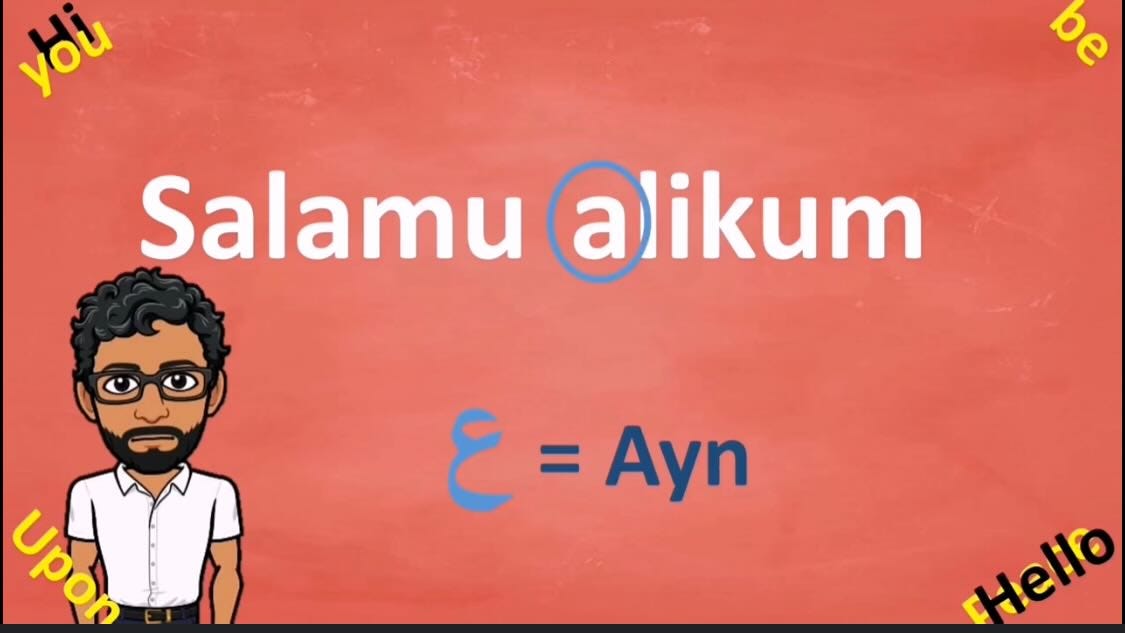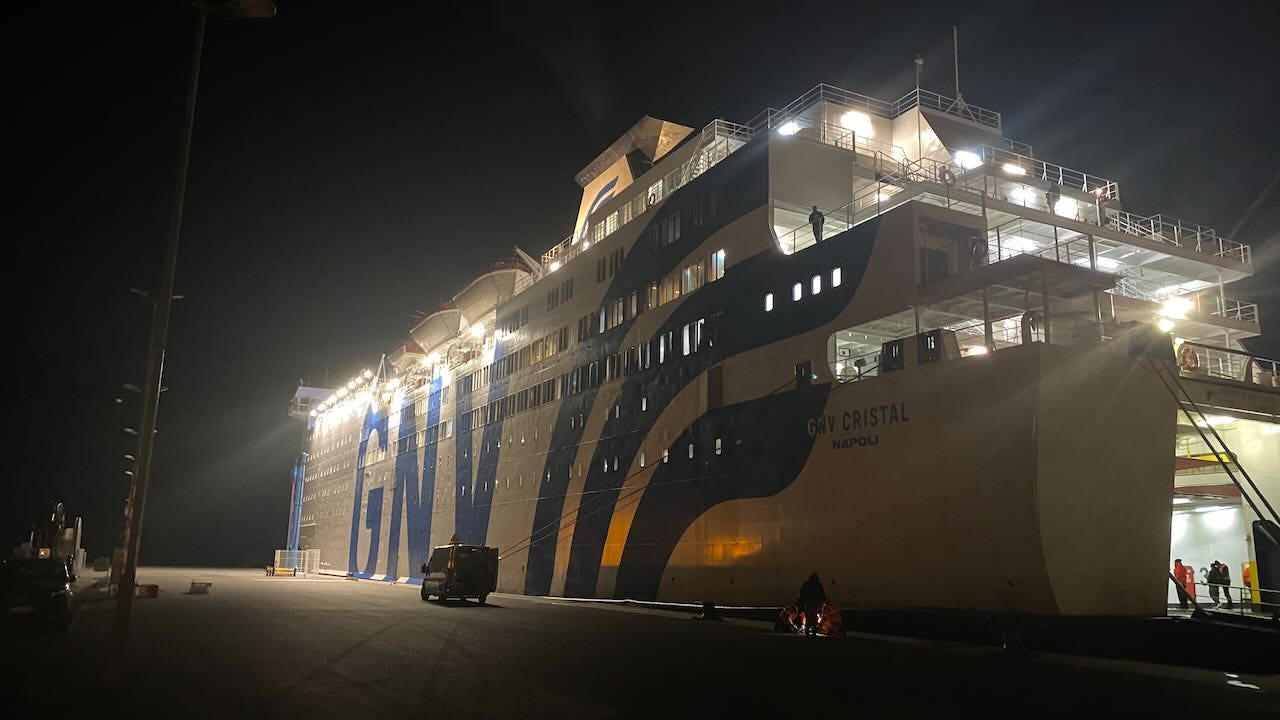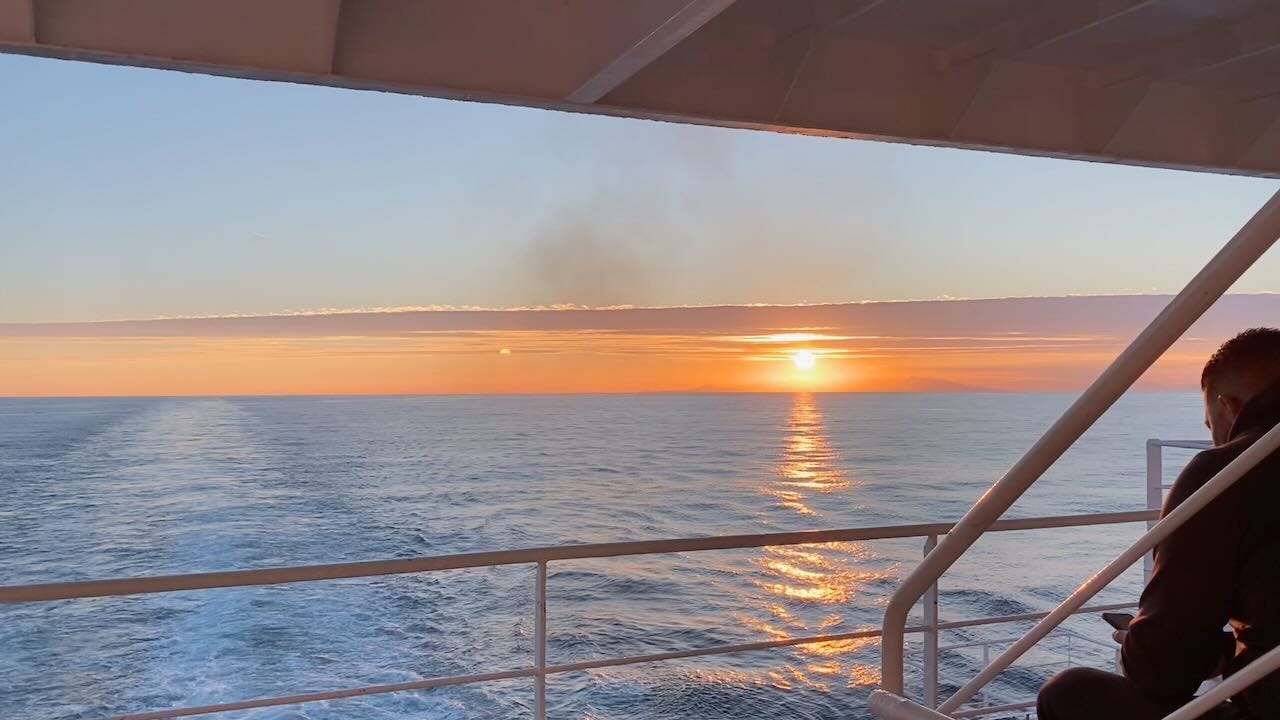Please excuse my French
I thought that most Moroccans speak français, but it turns out that only about a third can carry a conversation in the colonial language. Time to pick up a little Arabic!
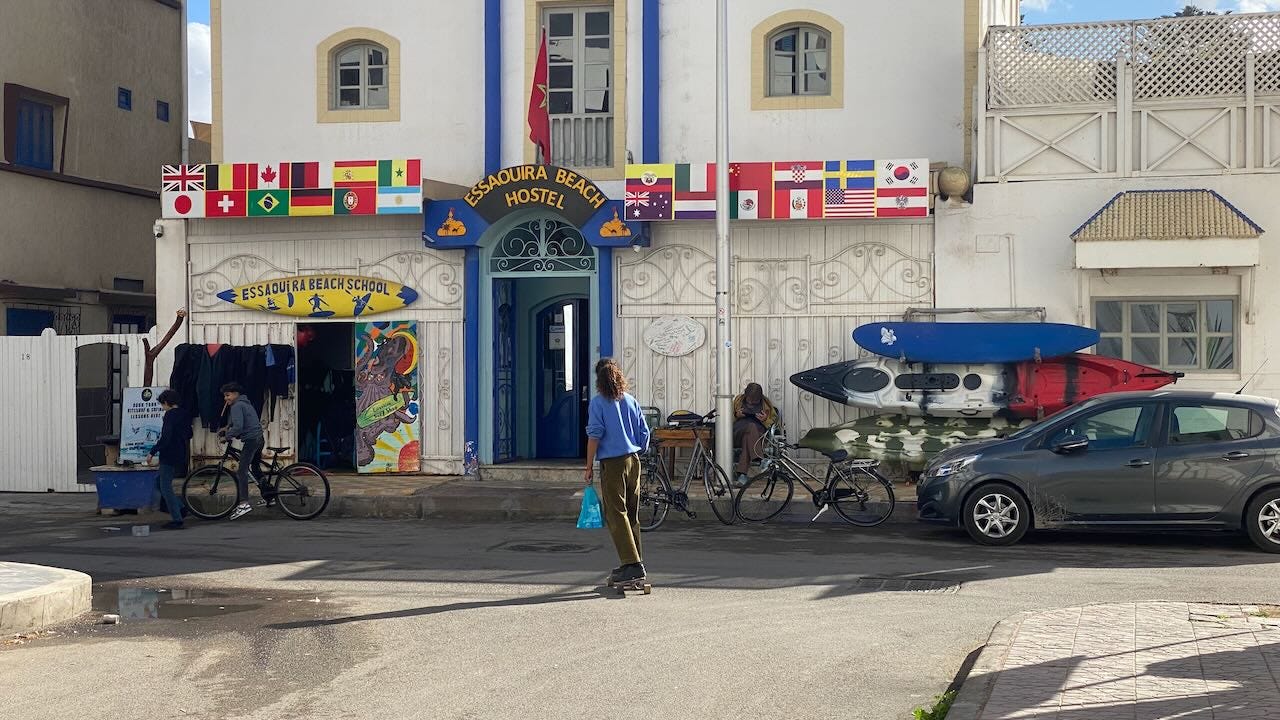
“As-salaam alaikum …. As-salaam alaikum …”
I repeated the phrase to myself over and over in my first week in Morocco. It sounded like I was doing penance and, in a way, I was.
I should have been writing on a chalkboard, “I will not make assumptions about the language people speak.”
You see, I thought that most Moroccans spoke French. Not as a mother tongue, of course, but as a second language. I knew that the local Arabic (Darija) and Berber (Tamazight) dialects were the country’s day-to-day languages, but I thought French was taught in all schools at an early age. And it was, until Moroccan independence in 1956, which led to a push for Arabization of the education system. Elementary school is taught in Arabic with French taught from 4 to 5 hours a week in high school, English for slightly less. Some think English should be the preferred foreign language because of its predominant role in the world economy, but universities here still teach the sciences in French, posing accessibility problems for students whose French is weak.
These days, tho, there seems to be a lot of complaining that students can’t write well in any language. Hmm. Where have I heard that before?
Anyway, the point was made much more succinctly to me by the doorman at my Airbnb in Casablanca. Ali had helped carry my bags up four flights of stairs the night before, and I had tipped him 5 euros. We were fast friends. Explaining the next morning that I needed to find a bank machine and place to buy a cellphone SIM card, he replied: “Non français.”
Talk about a conversation stopper. I didn’t even know how to respond. I could only say “sorry, I don’t speak Arabic” … in French!
When I was travelling in Central and South America last year, I had made a point of learning basic greetings and phrases in Spanish. It was just a smattering tho. I learned the futility of memorizing more complex Spanish phrases after I had practiced how to say “I’d like to exchange $200 Canadian for colóns, please,” before trying it in a Costa Rican bank. The teller replied to me in rapid Spanish, revealing the big flaw in my plan to integrate linguistically with my 50-word vocabulary.
“Yo no hablo español,” I confessed.
Her face said, “then why did you try?”
Greetings are another matter, tho. I think it’s the height of arrogance to visit other countries and just assume everyone understands basic English. In Morocco, I’d made that same error, but with French. I was horrified.
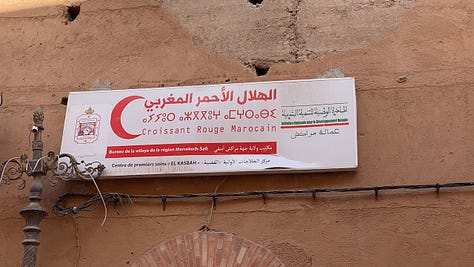
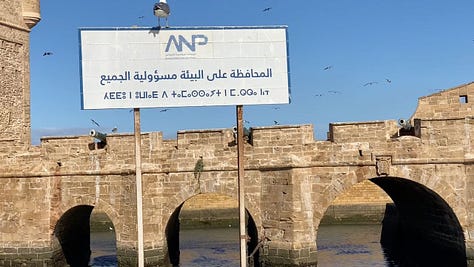
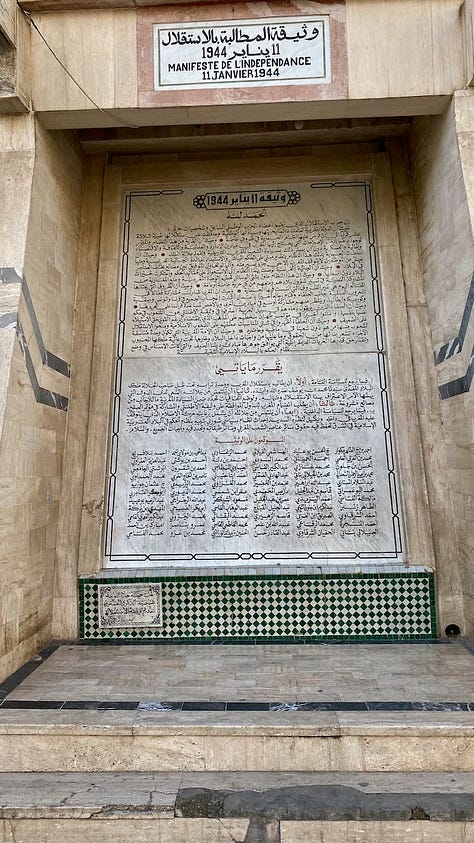
At a minimum, I think you should be able to greet people in the common language. In Morocco, there are two, but 92% understand basic Arabic (only about 36% speak French, 14% English). So when I got back to the apartment later than day, I took an online crash course in Arabic greetings and practiced until I could say it with a reasonably relaxed intonation rather than with the panicky one inside my head.
When I walked by Ali the next day, he waved. I was going to wave back, but stopped, turned around and looked him in the eyes. “As-salaam alaikum,” I said, a little slowly and with too long a pause between alai and kum, but understandable.
His face lit up. “Wa alaikum salaam!” He then touched his hand to his heart, a sign of welcome.
Bros again!
⚜ ⚜ ⚜
The phrase means “Peace be upon you” and the response is “and unto you, peace.” It is used by Muslims around the world, but is not exclusive to Muslims, and the shorter version cited here leaves out the longer-form reference to Allah, which suits my atheist soul just fine.
In any case, peace is always a great opening message, especially with all that’s going on in the world.
I also notice that when I begin a conversation with the Arabic greeting, the other person seems to be immediately more engaged than when I start in French. They appreciate the effort to use their language, even if it is limited to a simple hello. A little goes a long way when you start with a positive impression. At that point I’d continue in French, but ask if they prefer English. A surprising number of Moroccans that I’ve run into in the tourist areas of Marrakech, Essaouira and Fès actually prefer English, likely because anglophones make up such a large part of their clientèle.
I’ve actually spoken a hell of a lot of English in my six weeks in Morocco. It’s the lingua franca of most of the hostels I’ve stayed at. Most Europeans have English as a second or third language, so conversations with a group of Dutch, Germans and Poles at the hostel will often turn to English as the main common language. When you see that dynamic, day-in, day-out, you get a sense of why so many linguistic groups fear the domination of English internationally. This fact has also, unfortunately, made a lot of native English speakers complacent about learning a second language. “Why bother, when so many people can speak English?,” they seem to say.
The simple answer is that it’s a gateway to other cultures and learning even a few simple phrases is a sign of respect for people you’d like to connect with. It also reminds you of what it’s like to be on the weaker side of a linguistic divide, where all the intelligence and kindness in the world can be trapped behind a vocabulary of 50 words.
That’s why it’s so important to choose those first 50 words carefully. Maybe skip the phrases about ordering beer until you’ve mastered the ones that say “me da mucho gusto” and “bonjour, c’est un plaisir de vous rencontrer.”
⚜ ⚜ ⚜
I’m back in Toulouse now and will be taking a few weeks to just stay in one place for a change. Even though I won’t be travelling (much), there are a lot of things I’ve learned in my 4-1/2 months on the road that I’ll share in upcoming posts.
One of those subjects is the current migration situation in Europe. As you know, I just traversed the Mediterranean by ferry from Morocco to France, which didn’t tell me much about the migrant experience except that those voyages combine a level of fear, discomfort and boredom that I can only begin to imagine. What we in North America think is an immigration “crisis” there is nothing compared to the pressures in the European Union, where political differences among elected officials from 27 countries are pushing the EU to become more restrictive just as economic, political and environmental factors are forcing more and more migrants from the global south to flee poverty, starvation, violence and war.
Until then, may peace be upon us all. Thanks for keeping me company on this solo voyage.





